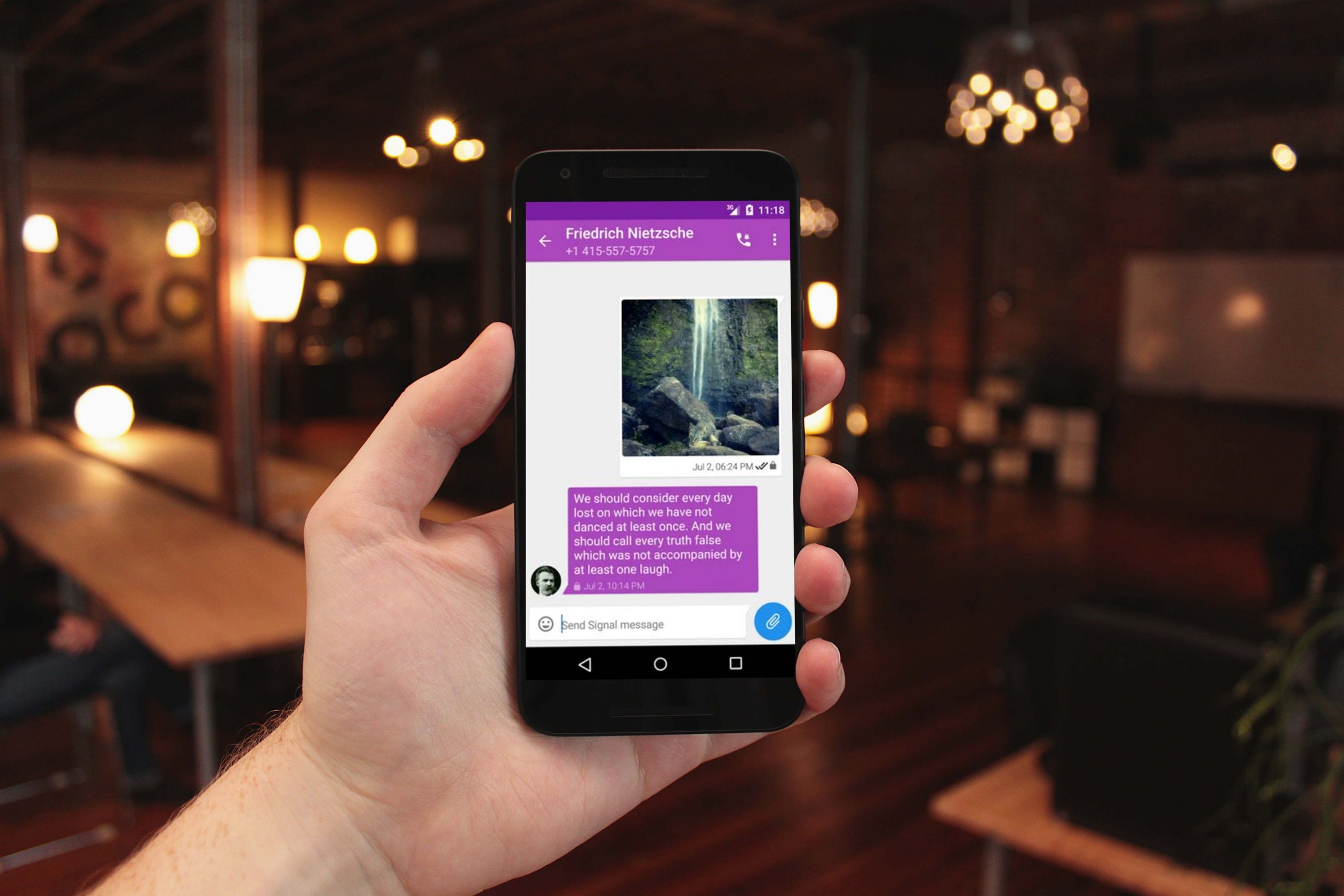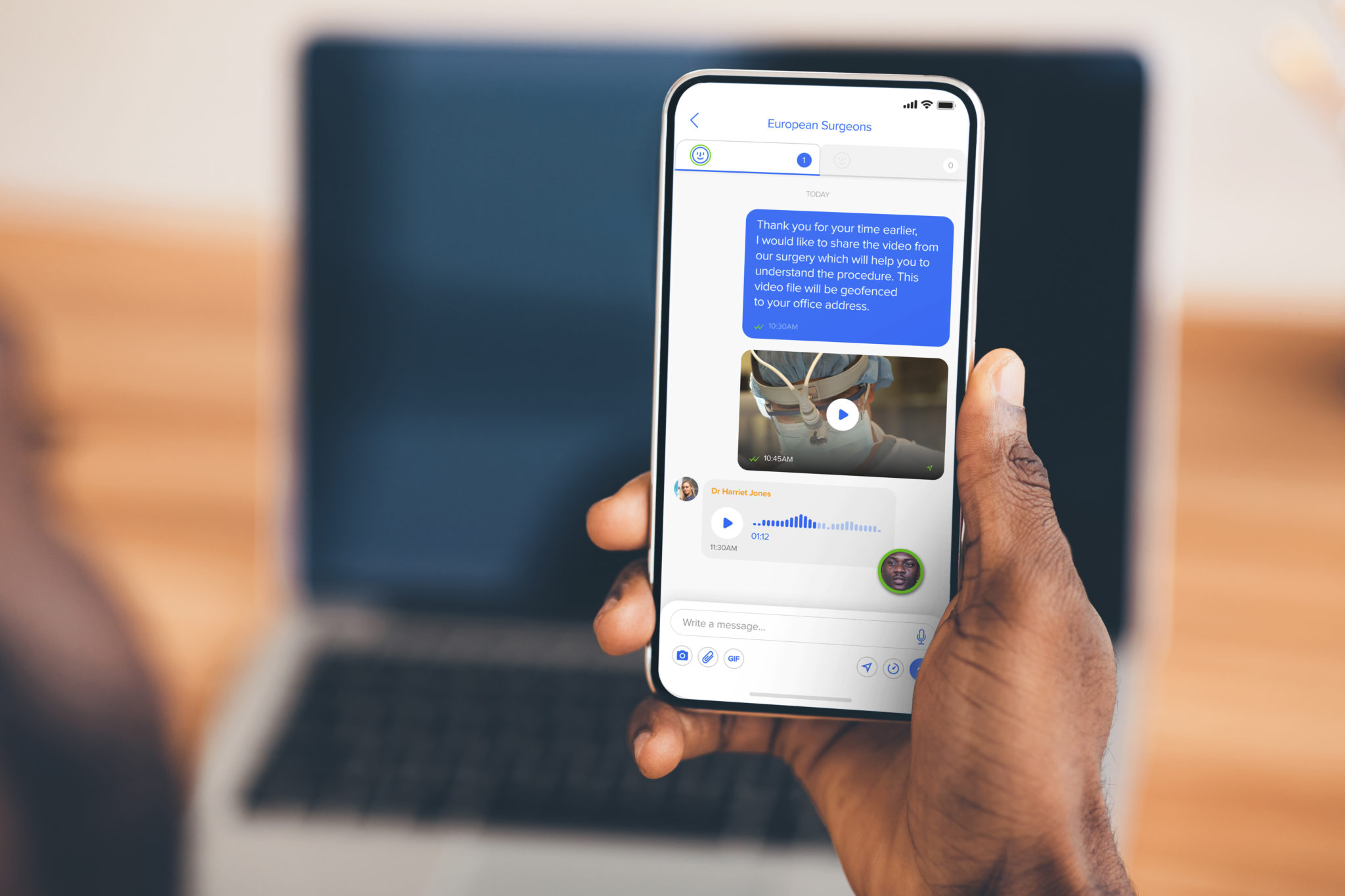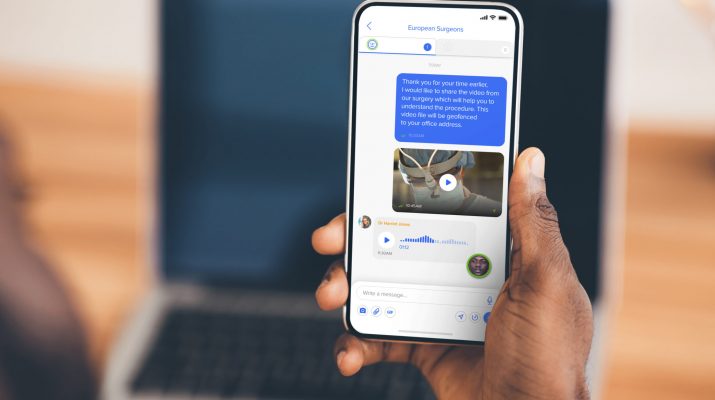When you are in the process of creating a new contact on WhatsApp, it’s easy to overlook the importance of privacy. A lot of people take shortcuts while sending private messages, but there are some basic steps that you must consider before sending any letter. Here are some safety tips to put into consideration when sending a private message through WhatsApp. Recently people started believing that whatsapp is no more a trustable place. However, the reality is a bit different and cannot be true. Even still if you are facing issues and want to get things in private mode then use the quality options such as https://pirvnota.com/. These are the best options and get the best things for your benefit.
While most of us have received a WhatsApp direct message from someone we don’t know, it is important to be aware of what information could be seen by others and how this information can be used by hackers. The same goes for those who send out private messages as well.
It’s always better when you keep your conversations between friends and family to yourself. You don’t want to give anyone else access to your personal information because they might not be trustworthy. This is why it is important to protect yourself by following these simple safety tips.
1) Keep the Information Secure
The first thing you should do is make sure that your computer or phone has up-to-date security software installed. Hackers are constantly trying to get into your accounts or devices, so it only makes sense to make them work harder to do so.
You can also try using an online service like 1Password to store all your passwords. You can use this app to create secure passwords for all your online accounts. If you’re worried about forgetting your password, you can even set up a backup system to make sure that you never forget anything ever again.

2) Don’t Rely on Your Phone’s Password Protection
Your phone may offer some kind of protection for your account if it gets lost or stolen, but it doesn’t mean that you shouldn’t take other measures to protect yourself. Many smartphones will ask you to enter a PIN or pattern every time you sign into your account, which adds another layer of security.
If someone finds your phone, the last thing they want is to open your account without knowing the password. By doing so, they would be able to access all your information, including private messages sent via WhatsApp. It’s just like giving away the keys to your house; no one wants to do that and end up getting burglarized.
3) Do Not Send Personal Information Directly Over WhatsApp
There are many apps that allow you to share files directly with others over WhatsApp. While sharing photos is usually okay, you should avoid sharing any sensitive information like credit card numbers, bank details, birth dates, etc.
This is where you need to think twice before clicking “Share” or typing something into the chat box. There are plenty of ways to share data illegally, so you don’t want to give out too much personal info.
4) Take Extra Precautions With Links
As WhatsApp is very popular among teenagers, they tend to click links all the time. Unfortunately, this habit can lead to people downloading viruses and malware onto their computers.
Even worse, if the website being accessed is malicious, it can steal all your passwords and personal information. Hackers can even hack your phone to gain control over it and make changes to your account settings.
To avoid this, you should always check the URL before clicking it, especially if the link leads to a domain that you haven’t heard of before. It’s always best to type the address into Google rather than clicking on it.
5) Avoid Sharing Too Much Information Online
Social media sites provide you with a way to communicate with friends, but you can’t always assume who you’re talking to. For example, if you post a photo for everyone to see, you don’t really know who you’re posting it to.
Hackers can use this loophole to steal your identity, so you should always be careful about what you say online. People on social media sites can easily track down your location, so it’s a good idea to stay off social media while traveling.
6) Never Click on Emails From Strangers
If you receive an email from someone you don’t know, it’s always better to ignore it instead of opening it. Even if you were to accidentally click on it, you still wouldn’t know who sent the email unless you look at the sender’s profile page. In addition, there are plenty of phishing scams out there that will try to trick you into revealing your login credentials.

7) Delete Old Messages
It’s hard to believe that people actually delete old messages, but it happens more often than you’d expect. Sometimes, people forget to save a conversation or simply don’t care enough to find it later.
In such cases, people end up leaving incriminating evidence behind, which means that you can’t undo the damage once it’s done. If this happened to you, you need to delete everything related to the conversation right now.
8) Use Strong Passwords
One of the easiest ways to avoid getting hacked is by making strong passwords. Even though it seems like an obvious tip, many people still choose weak passwords like their birthday or pet name.
Stronger passwords are more difficult to guess for hackers, so you should make sure that you don’t make your passwords easy to guess. Use a combination of letters, numbers, symbols, and other characters to create a unique password for each account.
9) Encrypt Your Data
Encryption is a great tool to protect your online accounts against hacking attempts. You should encrypt your emails, documents, images, videos, and chats to prevent unauthorized access.
However, encryption programs aren’t foolproof, so you should only rely on them if you’re absolutely certain that you’re dealing with a professional hacker. Otherwise, you might end up losing all of your data due to mistakes made by the program itself.
10) Stay Away From Fake Apps
Apps from unknown sources are very risky to download. These apps typically contain backdoors and spyware that allow the developer to access your device whenever they want. Some fake apps even have malicious code that can cause your computer to crash.
These apps can also install adware on your phone, which can collect detailed browsing history. If you want to download a legitimate app, make sure that it comes from the official app store.




